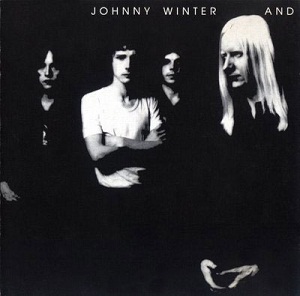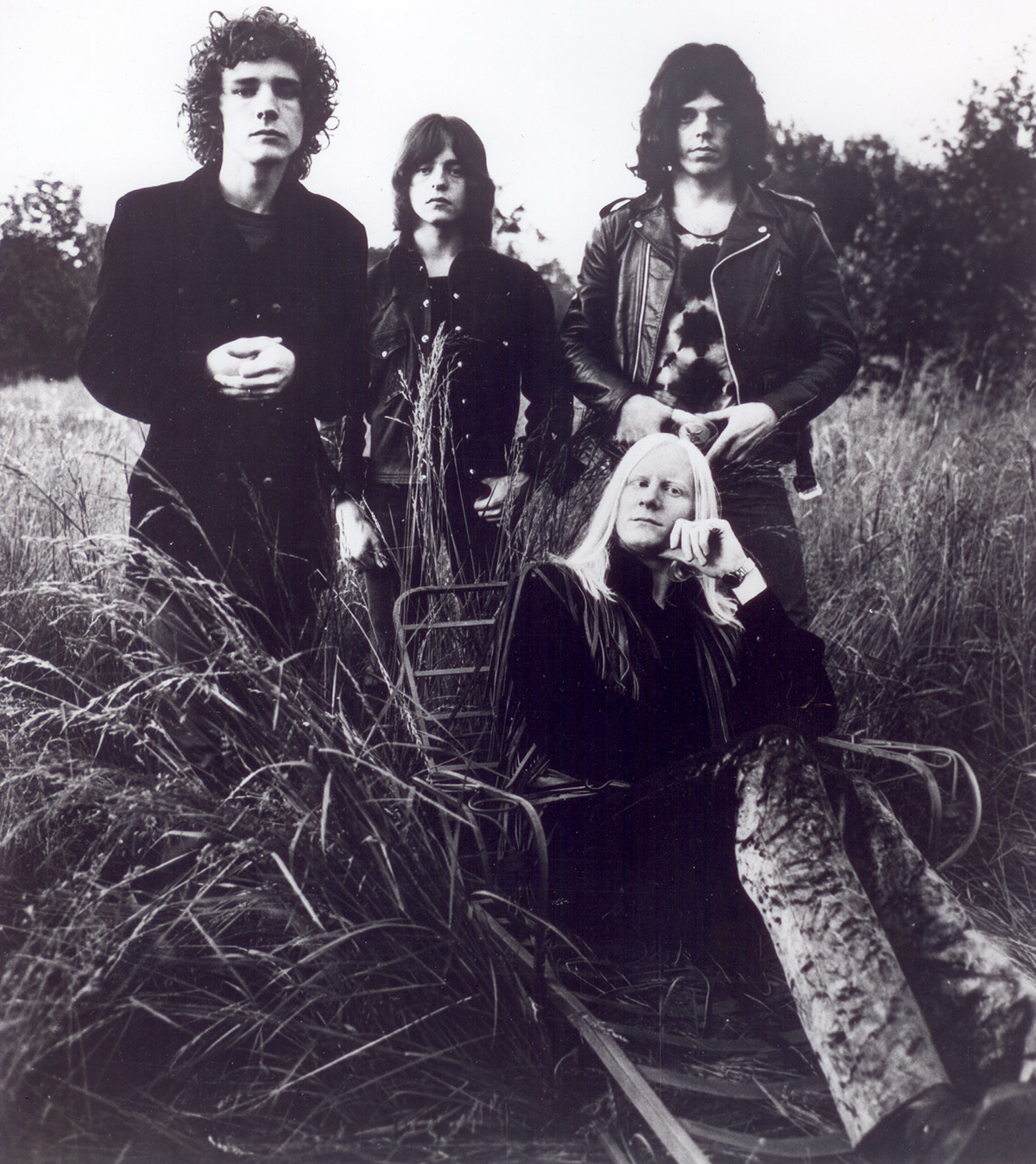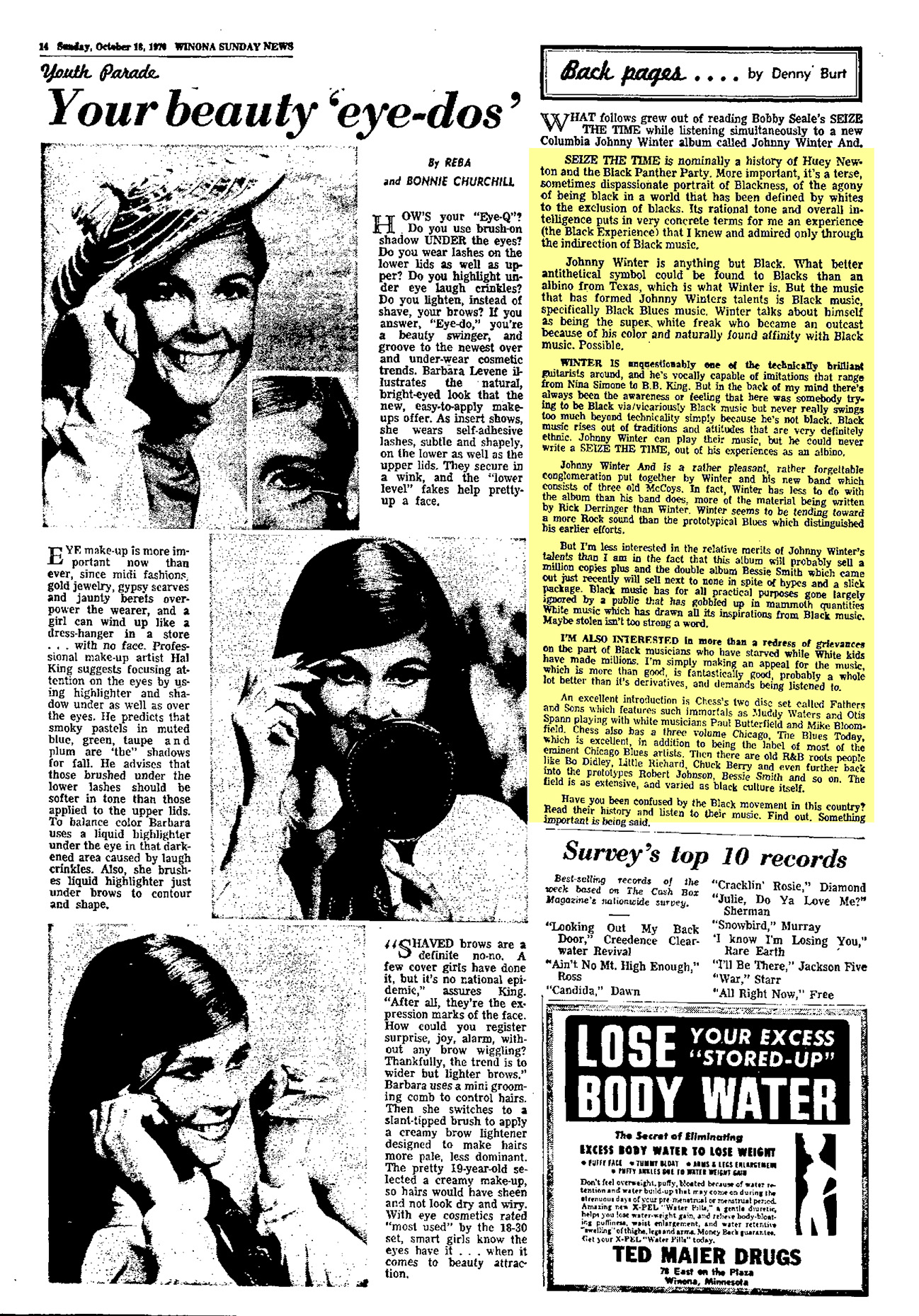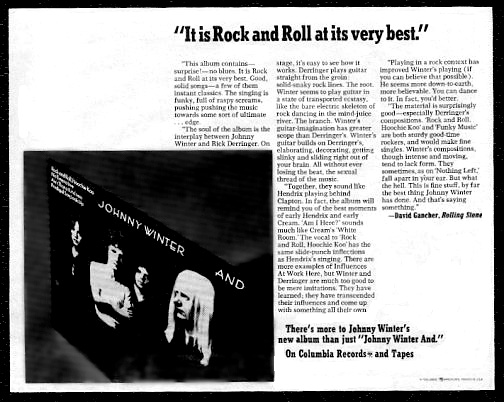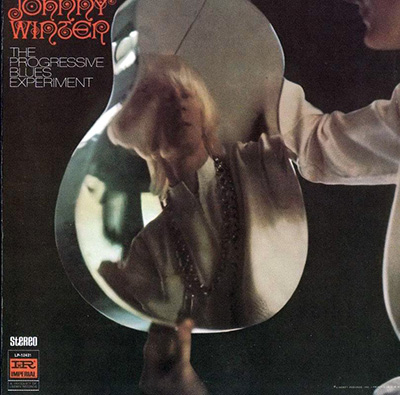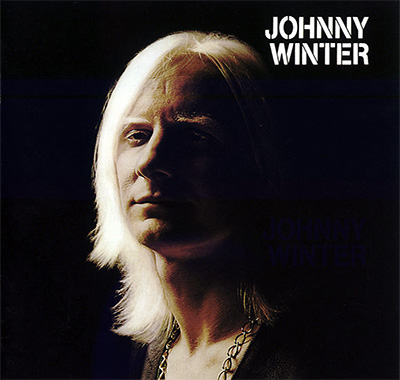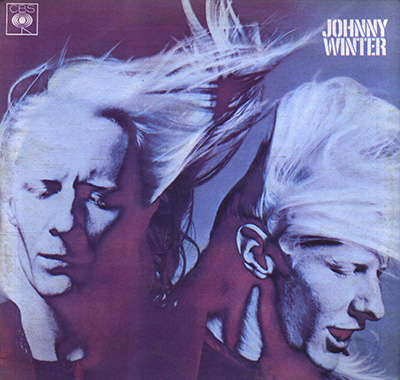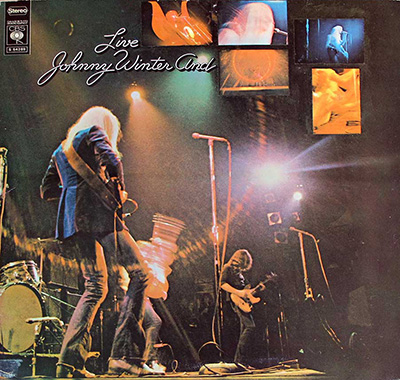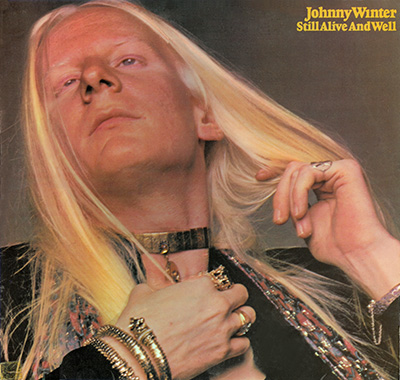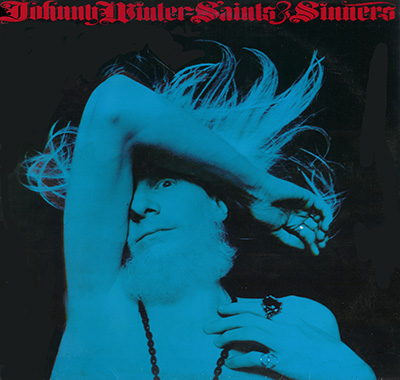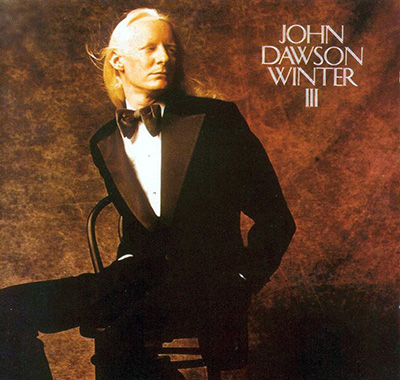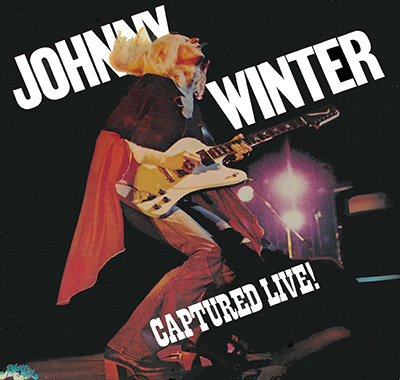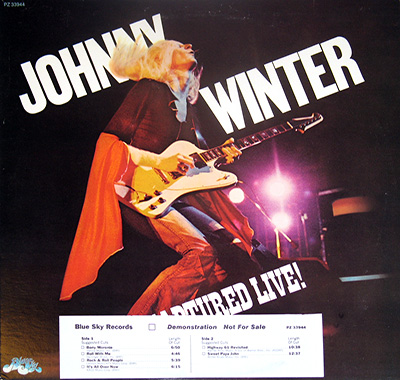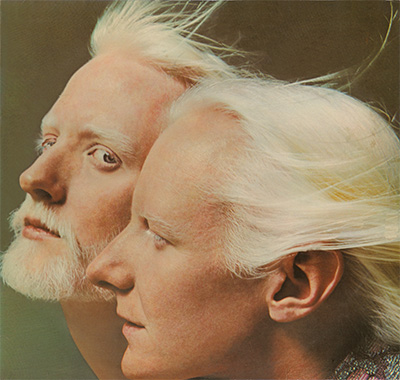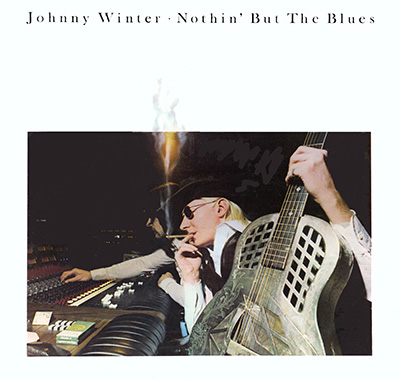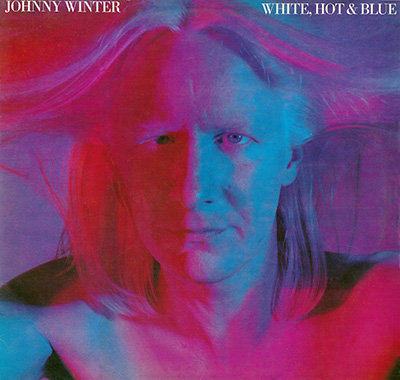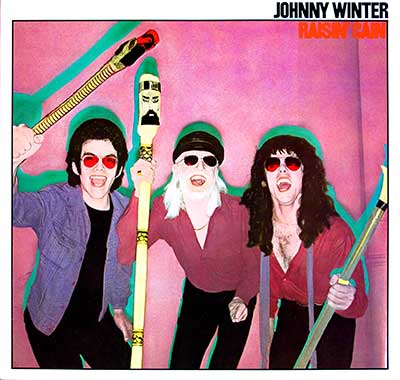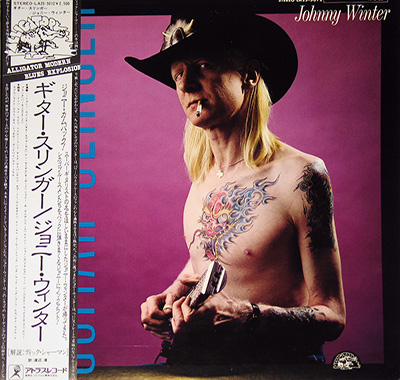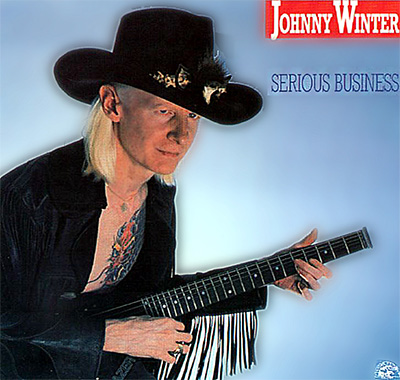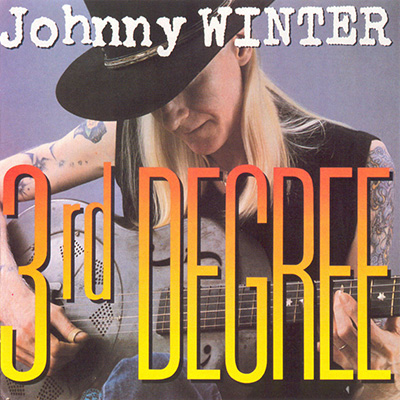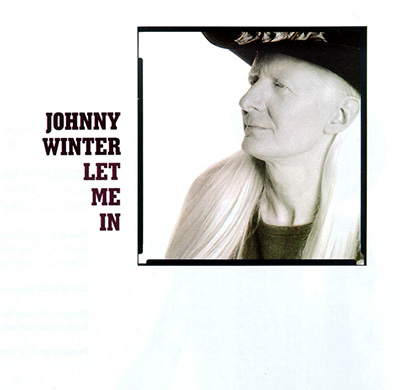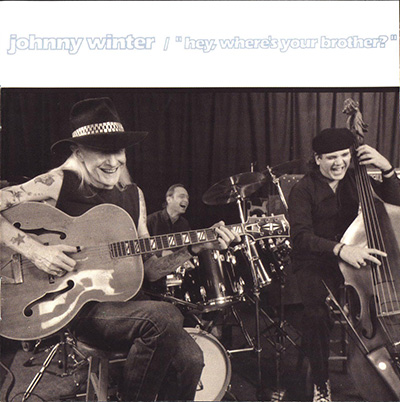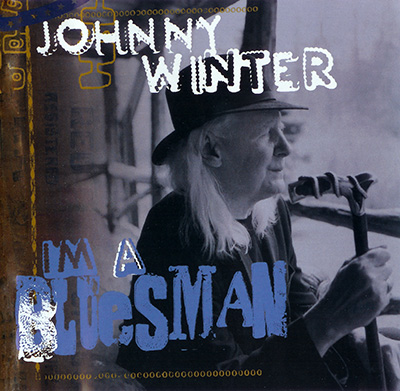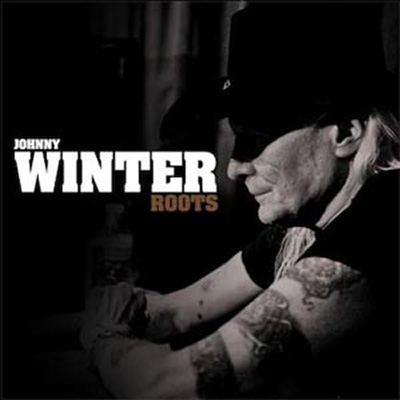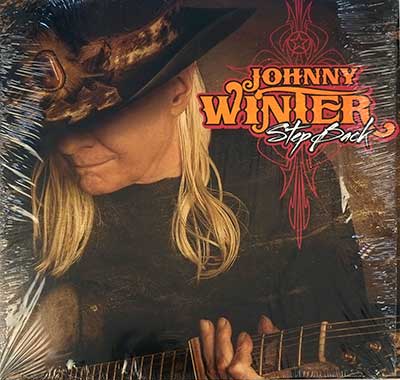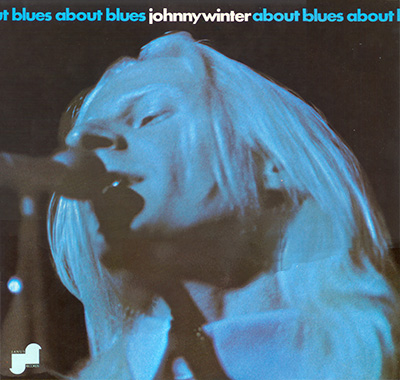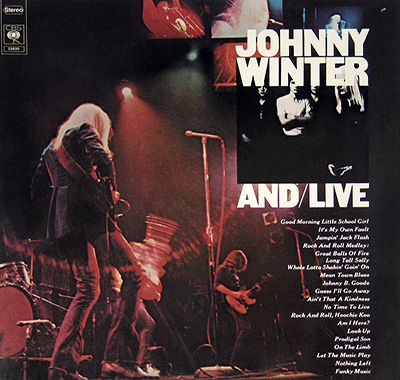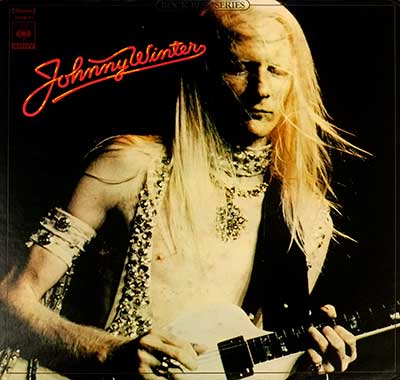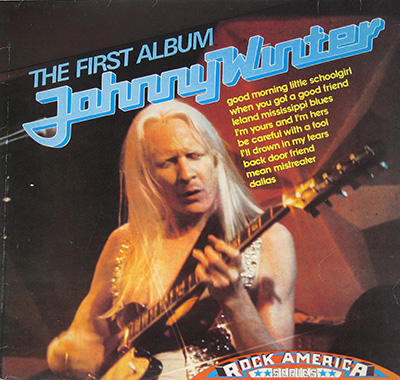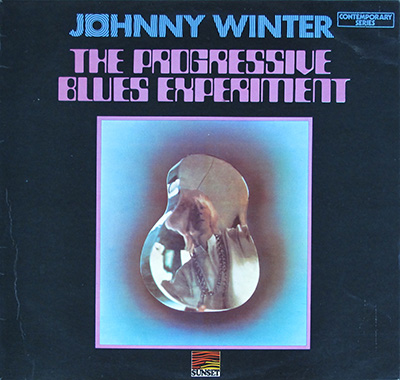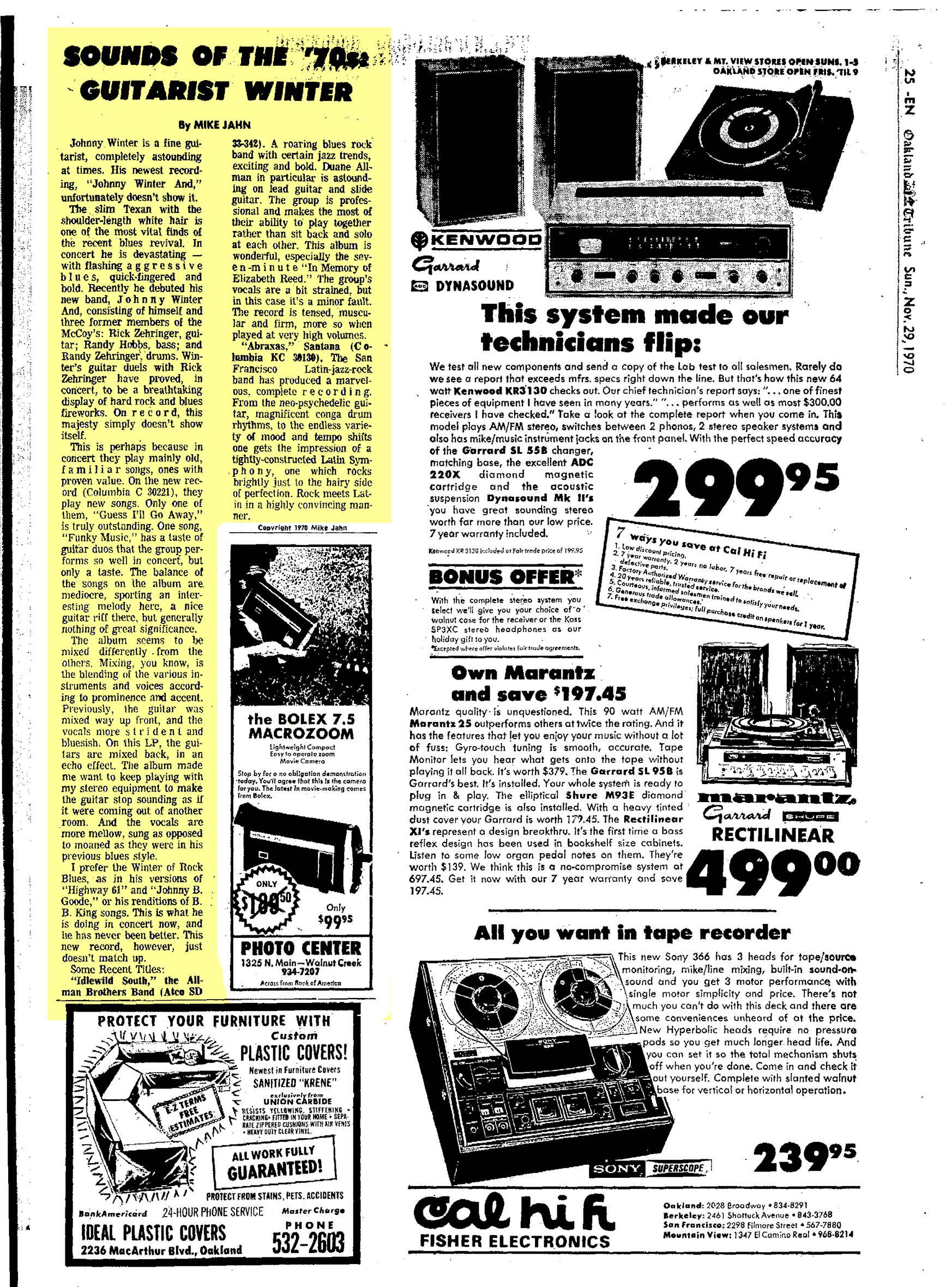
Originally published Sunday 29 November 1970 in the Oakland Tribune.
Johnny Winter is a fine guitarist, completely astounding at times. His newest recording, "Johnny Winter And," unfortunately doesn't show it.
The slim Texan with the shoulder-length white hair is one of the most vital finds of the recent blues revival. In concert he is devastating — with flashing aggressive b l u e s , quick-fingered and bold. Recently he debuted his new band, Johnny Winter And, consisting of himself and three former members of the McCoy's: Rick Zehringer, guitar; Randy Hobbs, bass; and Randy Zehringer, drums. Winter's guitar duels with Rick Zehringer have proved, in concert, to be a breathtaking display of hard rock and blues fireworks. On record, this majesty simply doesn't show itself.
This is perhaps because in concert they play mainly old, familiar songs, ones with proven value. On the new record (Columbia C 30221), they play new songs. Only one of them, "Guess I'll Go Away," is truly outstanding. One song, "Funky Music," has a taste of guitar duos that the group performs so well in concert, but only a taste. The balance of the songs on Ihe album are mediocre, sporting an interesting melody here, a nice guitar riff there, but generally nothing of great significance. The album seems to be mixed differently -from the others. Mixing, you know, is the blending of the various instruments and voices according to prominence and accent. Previously, the guitar was mixed way up front, and the vocals more strident and bluesish. On this LP, the guiars are mixed back, in an echo effect. The album made me want to keep playing with my stereo equipment to make the guitar stop sounding as if it were coming out of another room. And the vocals are more mellow, sung as opposed to moaned as they were in his previous blues style. I prefer the Winter of Rock Blues, as in his versions of "Highway 61" and "Johnny B. Goode," or his renditions of B. B. King songs. This is what he is doing in concert now, and he has never been better. This new record, however, just doesn't match up.
